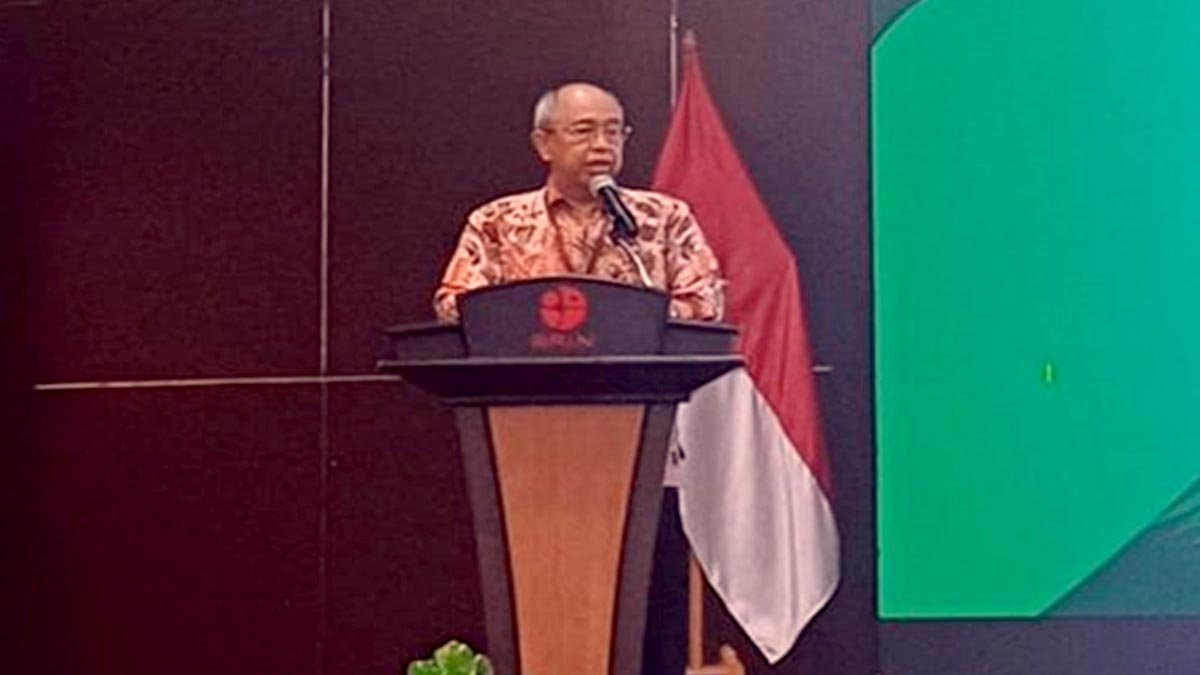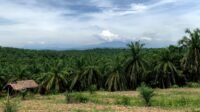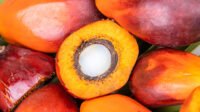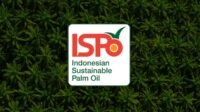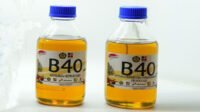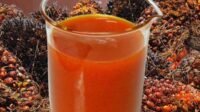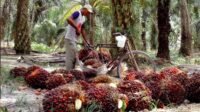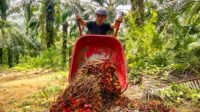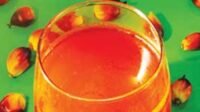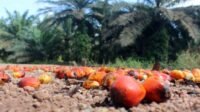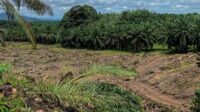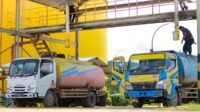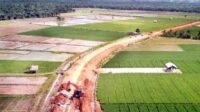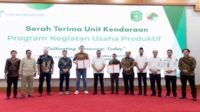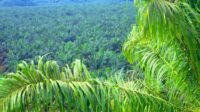PALMOILMAGAZINE, JAKARTA – Indonesia continues to prove its strength as a leading producer of palm-based biodiesel. This was emphasized by Dr. Ir. Soni Solistia Wirawan, M.Eng, researcher at the National Research and Innovation Agency (BRIN)’s Fuel Technology Research Center, during a discussion session at the 2nd Indonesia Palm Oil Research and Innovation Conference and Expo (IPORICE) 2025.
According to Soni, biodiesel offers numerous advantages. It is a renewable energy source that produces lower emissions, provides better lubrication, and contains far less sulfur than fossil fuels. However, he noted that several technical aspects still need continuous study — including solvency, hygroscopicity, energy content, oxidation stability, and performance at low temperatures.
“Every innovation must outperform existing products — not only in quality but also in availability and cost-efficiency. We already have B40 and a roadmap to make biodiesel even better. The higher the blend, the more improvements are required,” Soni explained.
Since 2020, Indonesia has taken a major leap forward with the implementation of B40, a 40% biodiesel blend — a milestone no other country has yet achieved. This accomplishment has positioned Indonesia as a global reference point for biodiesel development. In addition to production, BRIN routinely conducts road tests to evaluate biodiesel performance under real-world conditions.
Soni highlighted three key factors that determine biodiesel’s success: raw material cost, production process, and distribution logistics. Efficiency across these areas is crucial to maintaining competitiveness. Therefore, BRIN’s research focuses on reducing production costs, aligning with engine technology, and ensuring precise technical parameters.
“Each increase in biodiesel blend level requires comprehensive research. Moving from B40 to B50, for example, demands new blend testing that must be both technically stable and economically viable,” he added.
The testing process is rigorous. Beyond laboratory trials, BRIN conducts road tests covering up to 500 kilometers per day. Afterward, engines are dismantled to examine detailed performance indicators — checking for residue, deposits, or other mechanical issues.
“What matters most is that the fuel meets quality standards. Materials must be compatible, blending must be accurate and homogeneous, and all testing must follow certified procedures — from storage to quality monitoring,” Soni emphasized.
With the successful implementation of B40, Indonesia has firmly established itself as a global leader in biodiesel innovation. Soni expressed confidence that advancing to higher blend levels is no longer a distant dream.
“We are ready. We’ve proven our capability with B40, and now we’re prepared to move further,” he concluded. (P3)

